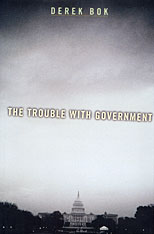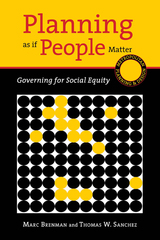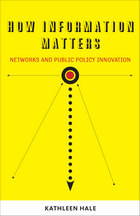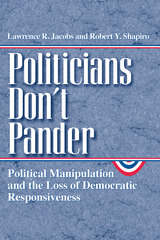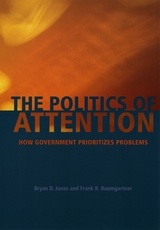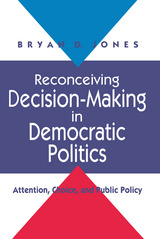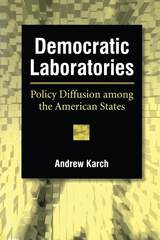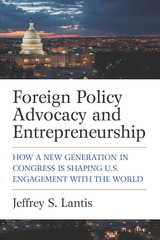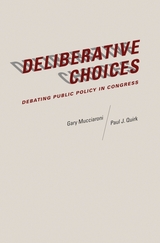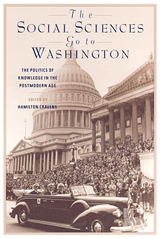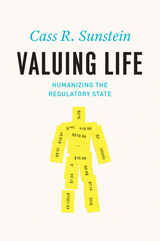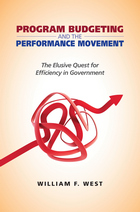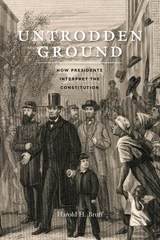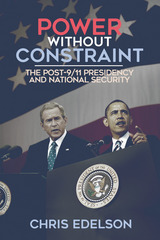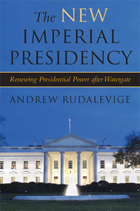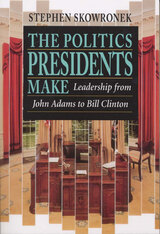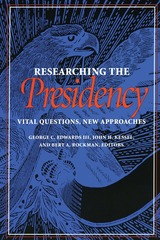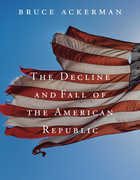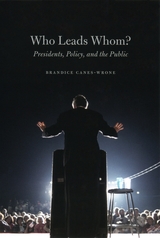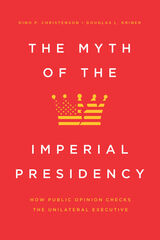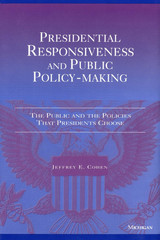Paper: 978-0-8135-3341-4 | Cloth: 978-0-8135-3340-7 | eISBN: 978-0-8135-5985-8
Library of Congress Classification JK468.P64S63 2004
Dewey Decimal Classification 320.60973
What happens when the allegedly value-free social sciences enter the national political arena? In The Social Sciences Go to Washington, scholars examine the effects of the massive influx of sociologists, demographers, economists, educators, and others to the federal advisory process in the postwar period. Essays look at how these social scientists sought to change existing policies in welfare, public health, urban policy, national defense, environmental policy, and science and technology policy, and the ways they tried to influence future policies.
Policymakers have been troubled that followers of postmodernism have questioned the legitimacy of scientific and political authority to speak for the desires of social groups. As the social sciences increasingly become expressions of individual preferences, the contributors ask, how can they continue to be used to set public policy for us all?
This collection is a useful resource for anyone studying the relationship between science and the government in the postwar years.
See other books on: Bernstein, Michael | Cravens, Hamilton | Political planning | Rothman, Hal | Washington
See other titles from Rutgers University Press


